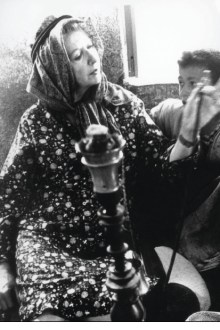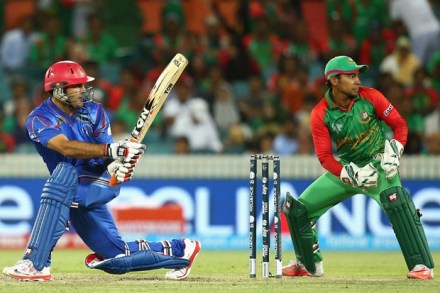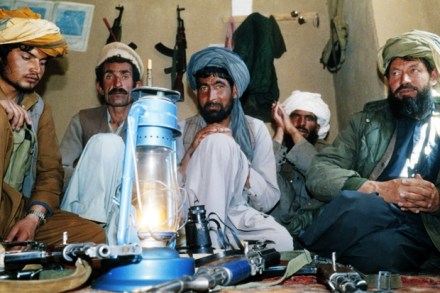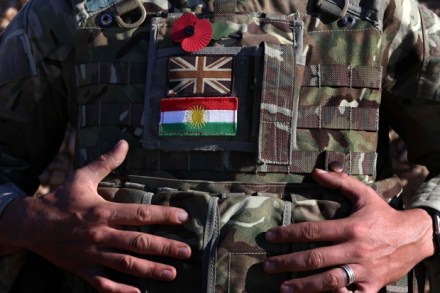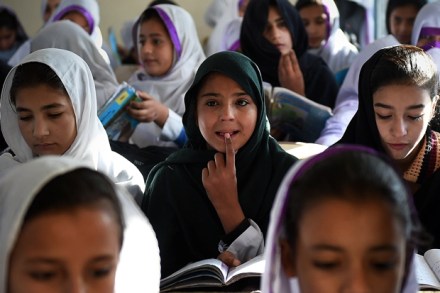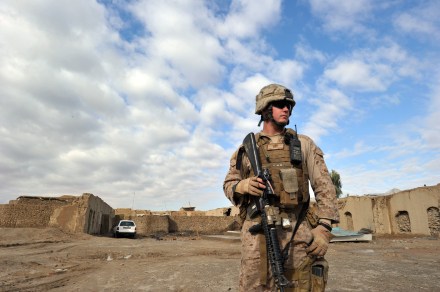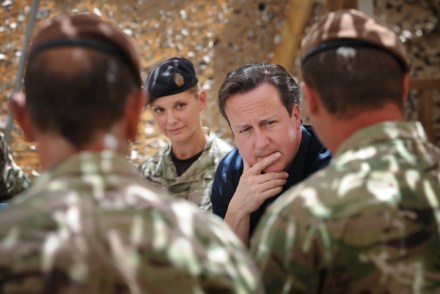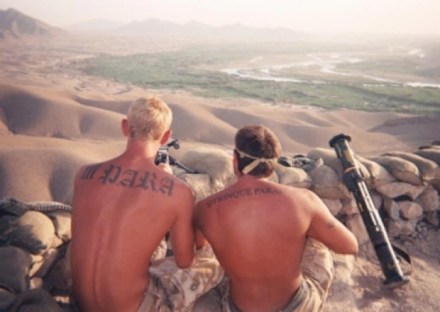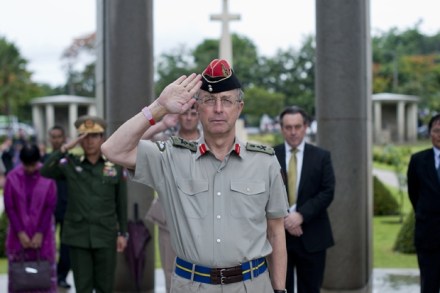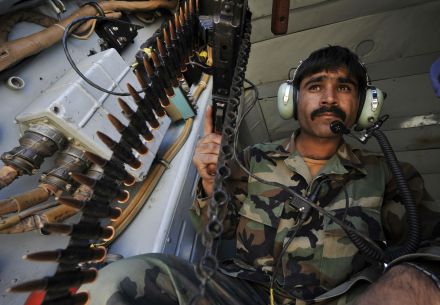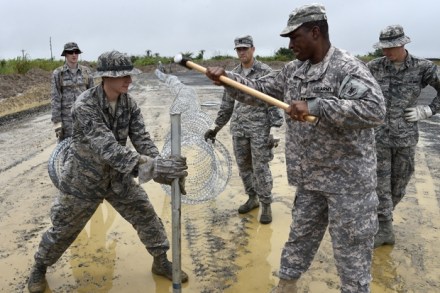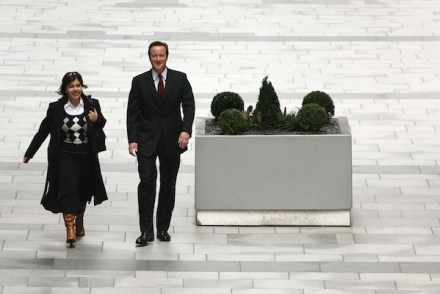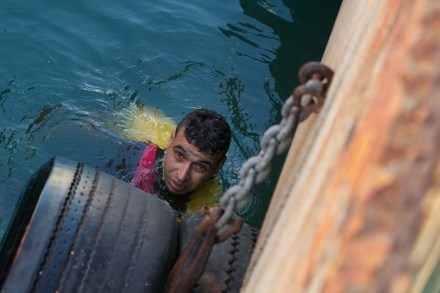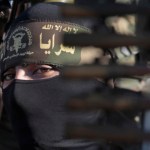Lesley Blanch: a true original on the wilder shores of exoticism
Lesley Blanch (1904–2007) will be remembered chiefly for her gloriously extravagant The Wilder Shores of Love, the story of four upper-class European ladies who abandoned their natural habitat to seek and find romance in the Middle East. If one had to pick only one of Blanch’s books to read there could be no better choice than this; but, as this exotic potpourri reminds one, she was incapable of writing boringly or badly. The most substantial part of Lesley Blanch: On the Wilder Shores of Love (a title which seems designed to deceive putative readers into thinking that they have read it all before) is Blanch’s record of her youth —
